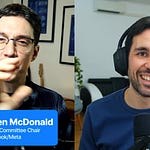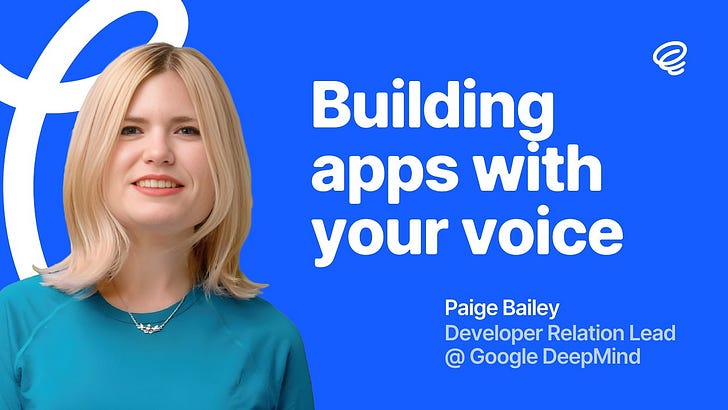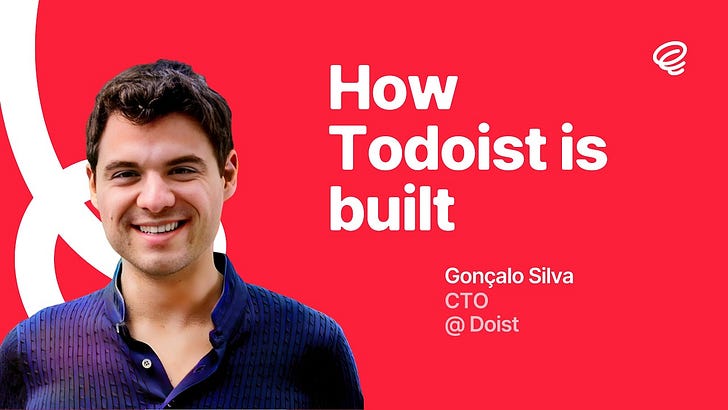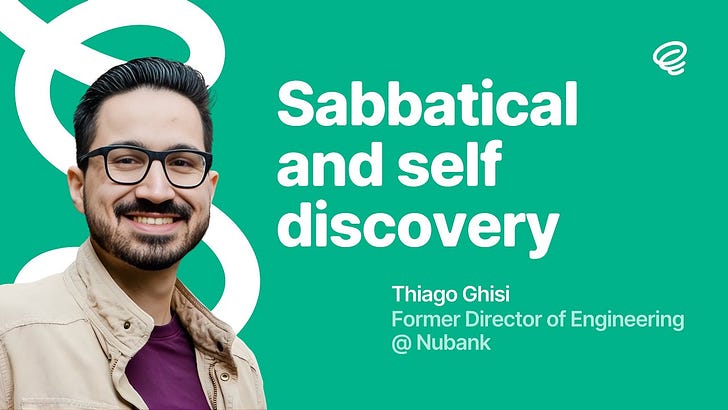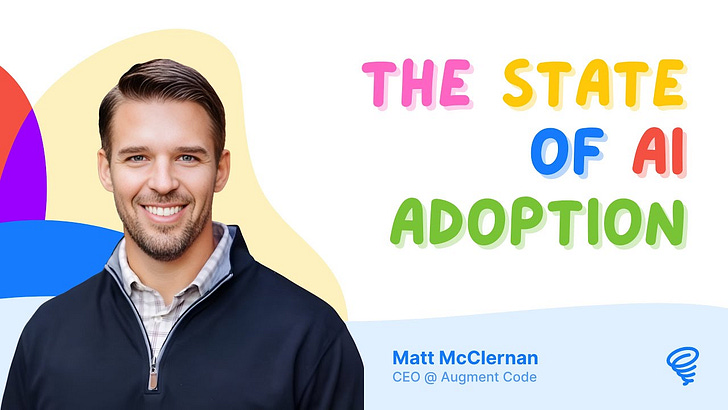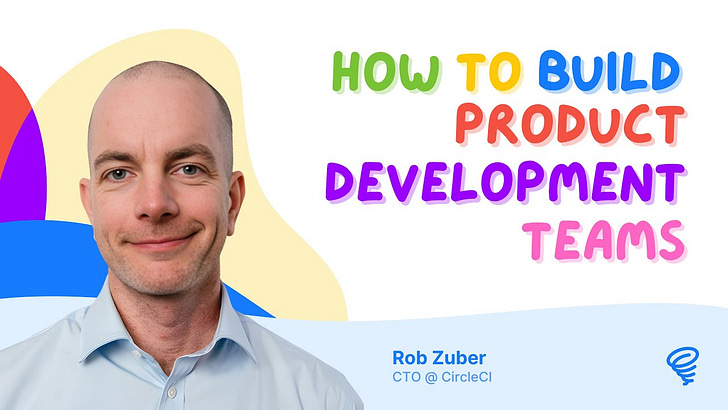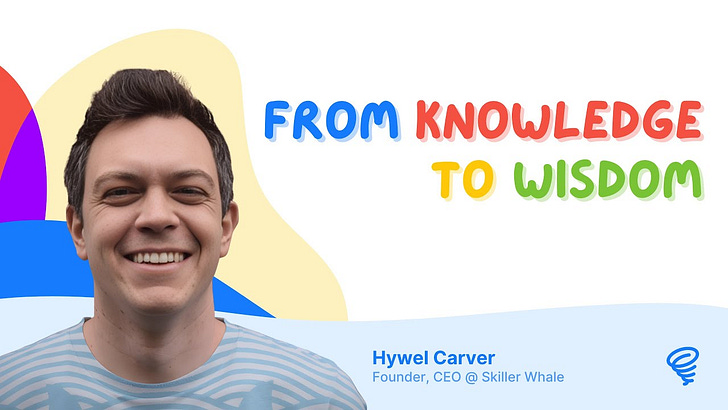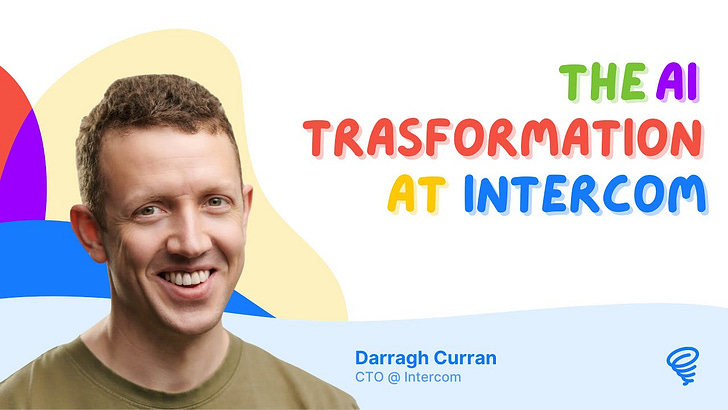Today's guest is David Heinemeier Hansson!
David needs no introduction: he is the creator of Rails, co-founder & CTO of Basecamp, NYT bestselling author, and professional racing driver for 10+ years.
In our chat, we explored David's opinions on the current state of software development, including excessive complexity in software and infrastructure, the role of AI, and the future of open source. We also talked about his racing and how he approaches learning any topic from scratch.
🎙️ Episode
You can watch the full episode on Youtube:
Or listen to it on Spotify, Apple, Overcast, or your podcast app of choice.
🥇 Interview Summary
If you are a 🔒 paid subscriber 🔒 you will find my own summary of the interview below.
It’s the 10-minute, handcrafted takeaways of what we talked about, with timestamps to the relevant video moments, for those who don’t have time to sit through the 1-hour chat.
Here is the agenda for today:
🏗️ Merchants of complexity
🧩 Compressing vs layering complexity
🤖 AI in software development
🏎️ Learning and racing
Let's dive in 👇
1) 🏗️ Merchants of complexity
David opens the interview by discussing the concept of "merchants of complexity" in the software industry, which he wrote about in a recent blog post.
He argues that companies that profit from complicated layering have an incentive to maintain it. This creates a conflict between simplifying software and sustaining a business model based on such complexity.
This is why—David explains—he never commercialized his work on Rails:
I knew that I could have all these noble ideals about how we should build software and we should keep it simple and we should compress complexity instead of layering it away. And I'd go like, all that would eventually disappear because the incentives of needing to sustain and grow a business would overwhelm that.
By keeping Rails as an open-source project, separate from his commercial ventures, David can maintain his focus on simplicity and complexity compression, without the pressure to monetize the framework directly.
2) 🧩 Compressing vs layering complexity (03:24)
David aims to create tools and approaches that allow a single developer to build a competitive business online. This is his mission, and it contrasts with the trend of requiring large teams of specialists to build modern applications.
Such empowerment, though, shouldn’t come at the cost of hiding complexity 👇




